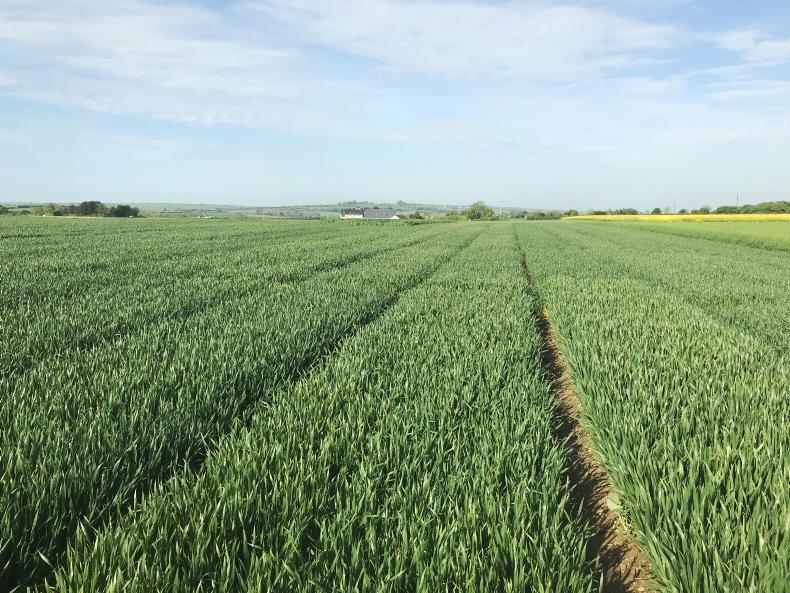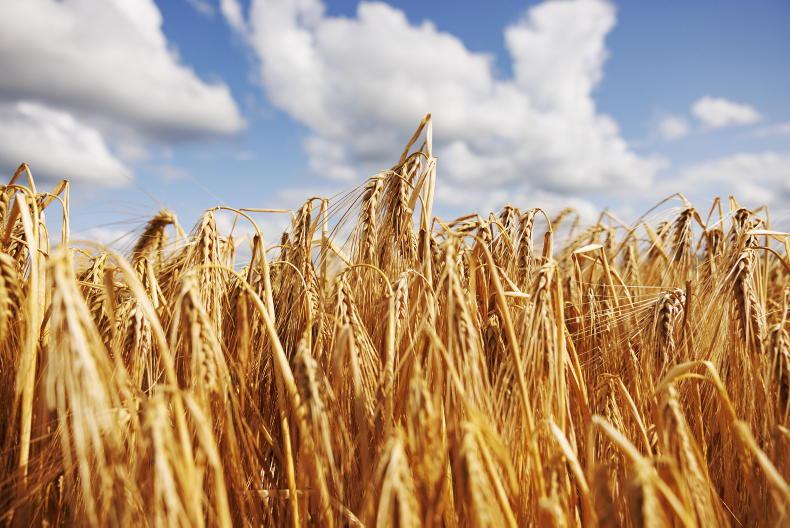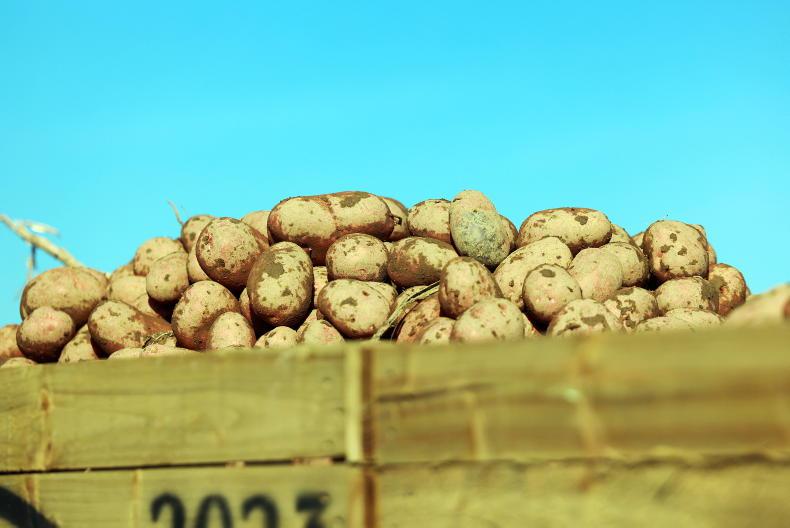Some evening soon, I’ll come in from sowing at about eight o’clock and a log fire will be burning cosily in the sitting room for the first time since spring. It’ll mean we’re properly in the middle of autumn, which I like, before the season gives way to the gloom of November.
I don’t expect November to be great this year, this above all years. A potential level five lockdown could be grimly depressing and if that’s not enough, Standard Life are now reminding me that I’ll be reaching my chosen pension drawdown age of 60 in a few weeks’ time. Retire at 60? Not a chance. I’ll retire when my only set of wheels are on a Zimmer frame.
Retirement might have looked like a good idea when I began pension contributions at about 35 but right now has little appeal. I’m not ready to be put out to grass and besides, I’d lose this cushy number with the Irish Farmers Journal if I retired from farming. I’m in no rush to while away my remaining years on a golf course. Now that, I won’t be doing.
Field work
However we’ll leave these grim thoughts aside and turn to the fields because it’s been a good enough autumn to get field work done. The oilseed rape was sown in the first week of September with a Claydon strip till drill. There are just two fields, both of a similar size. One is absolutely fine and the other, an absolute disaster. Despite pellets following the drill, the slugs breezed down the seeding slot and ate the seedlings before they surfaced. B*****ds.
I’m not a fan of cover crops and wouldn’t bother except for the GLAS money
Had it been rolled, it would certainly have helped – it was too wet – but rolling after a Claydon isn’t that effective as the untilled soil keeps the roller up, reducing consolidation.
Spreading a large quantity of farmyard manure on to 80ac of stubble and sowing the GLAS cover crops were the next field tasks. I’m not a fan of cover crops and wouldn’t bother except for the GLAS money. I think the best cover crop of the whole lot is winter wheat.
Soil organic matter is like money in the bank, very easy to deplete and very difficult to build
But it can’t all be wheat. I accept that cover crops are useful for mopping up nutrients that might be otherwise leached. But when it comes to improving soil organic matter, forget it, chopped straw will do much more. And a good lash of muck beats the whole lot.
Soil organic matter is like money in the bank, very easy to deplete and very difficult to build. Nonetheless, I think grazing cover crops with sheep makes them more useful and worthwhile.
The beans were next on the list and were a doddle to harvest. They yielded exactly 2t/ac at 20% moisture which I was OK with. The protein payment makes a low-yielding bean crop more palatable.
I don’t like insecticides and if the weather remains cool, I won’t be spraying any
Sowing the barley kicked off in the last week of September in good conditions but, ideally, it’s too early since we no longer have the seed treatment Redigo Deter to control aphids. But min-till belongs to September. It’ll probably mean we’ll need to spray with an insecticide which I’m reluctant to do. I don’t like insecticides and if the weather remains cool, I won’t be spraying any. I’ll chance it. It’s highly likely the opportunities for minimum tillage are over for this year but the stale seedbed period for what we have sown was too short and so we have volunteer issues. The old reliable plough and one pass are out now to complete the wheat and winter oats.
Now, since we are nearly finished, I wish Mrs P would hurry up and light the auld fire…










SHARING OPTIONS